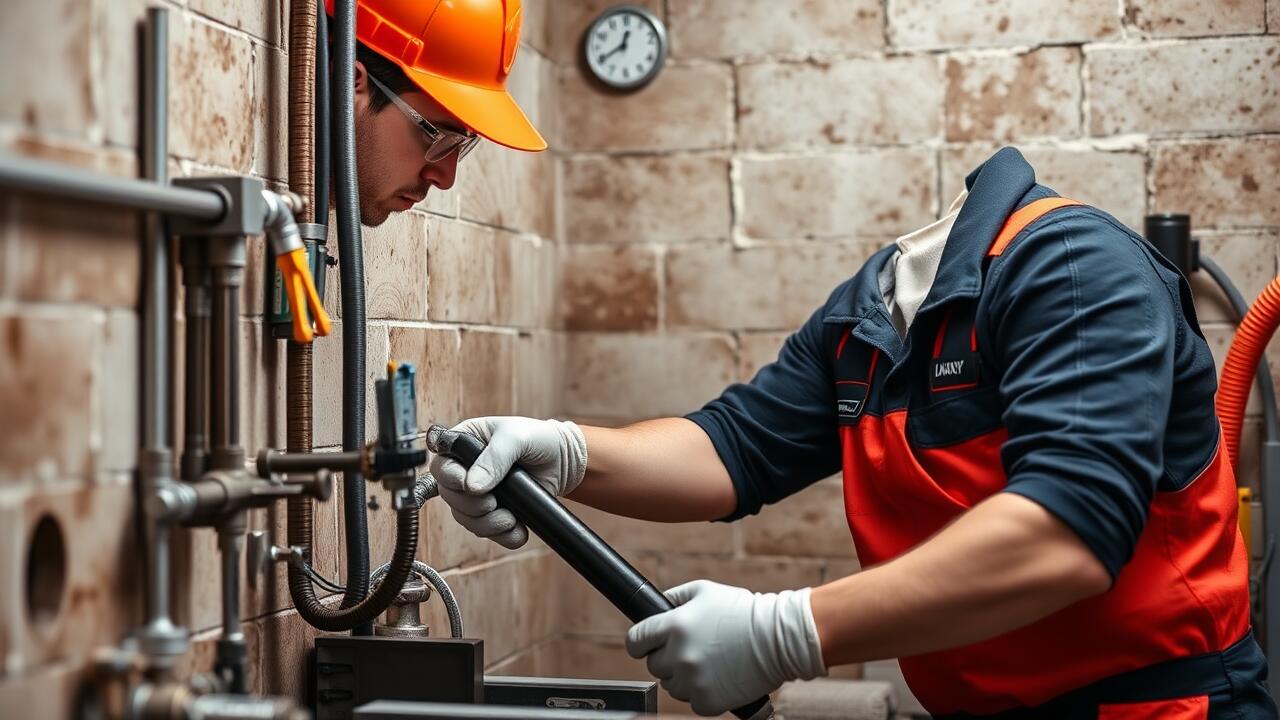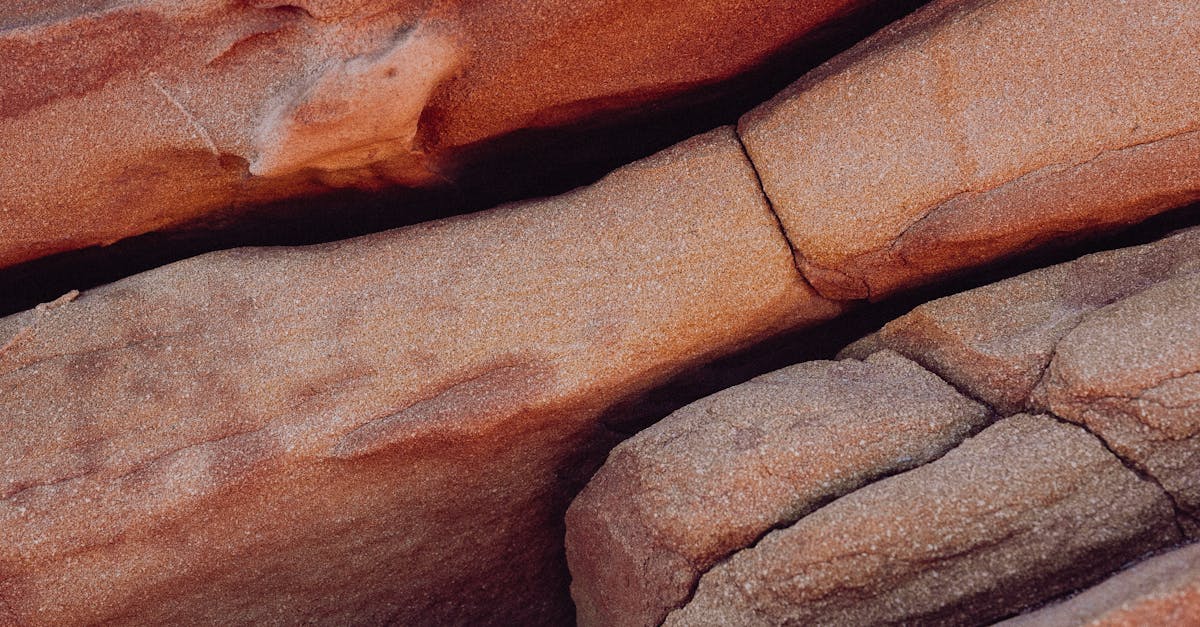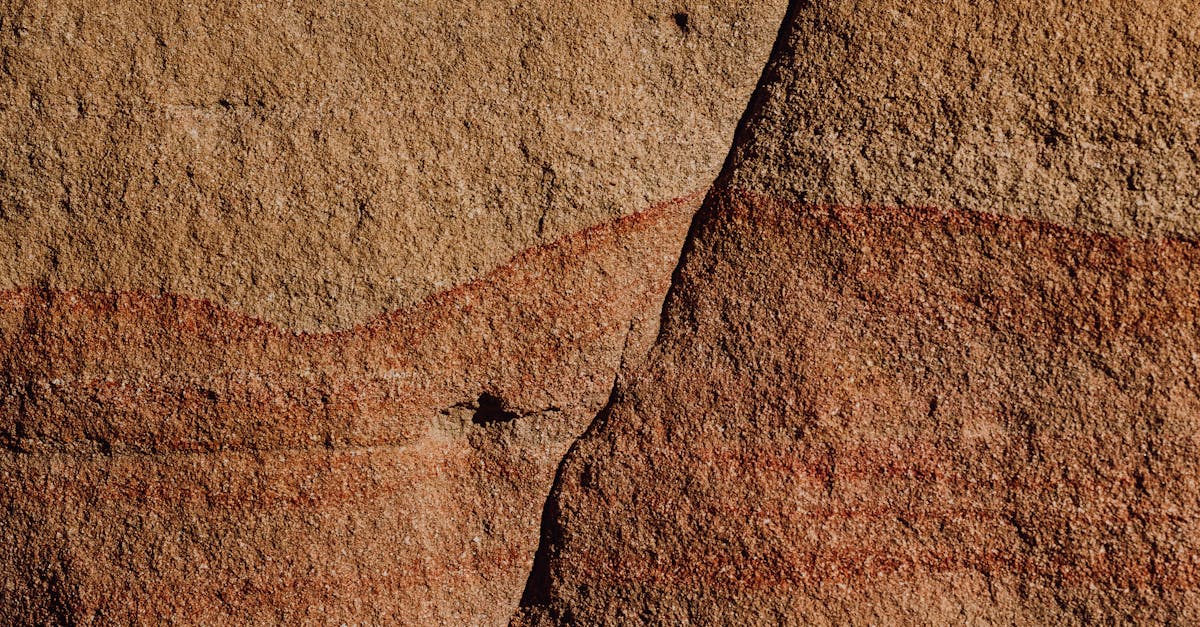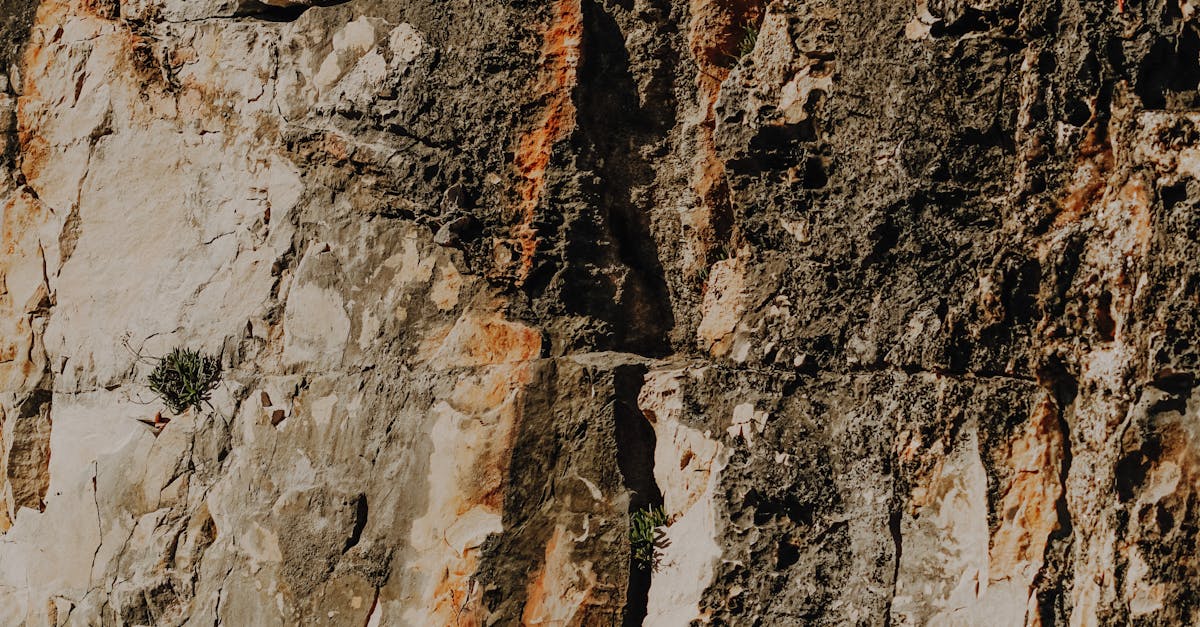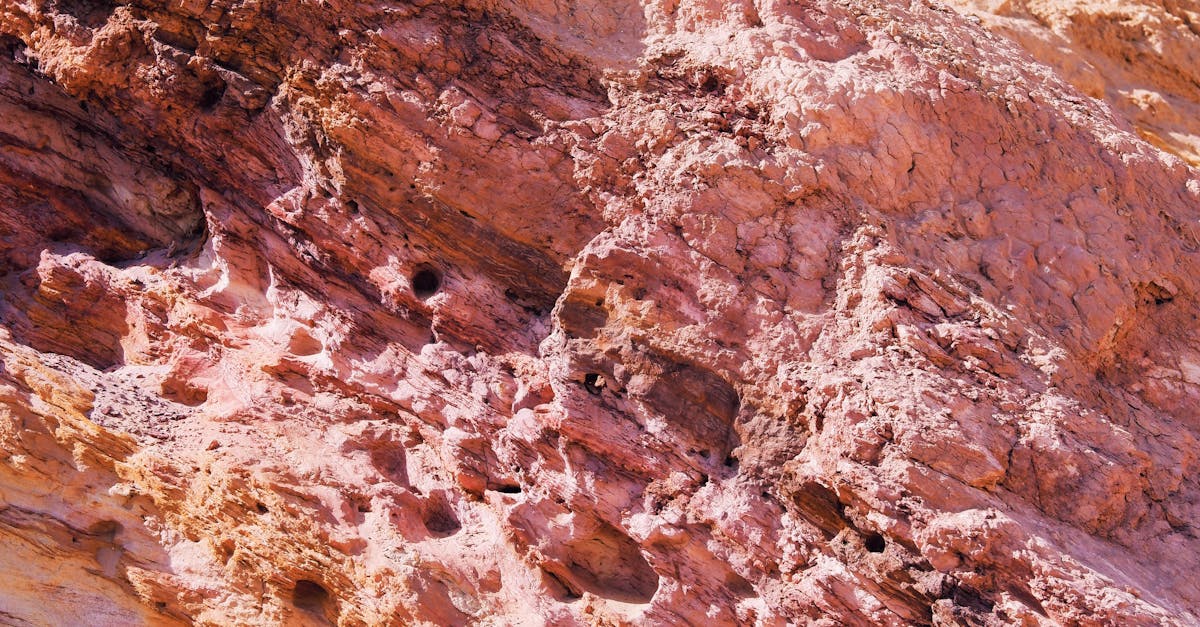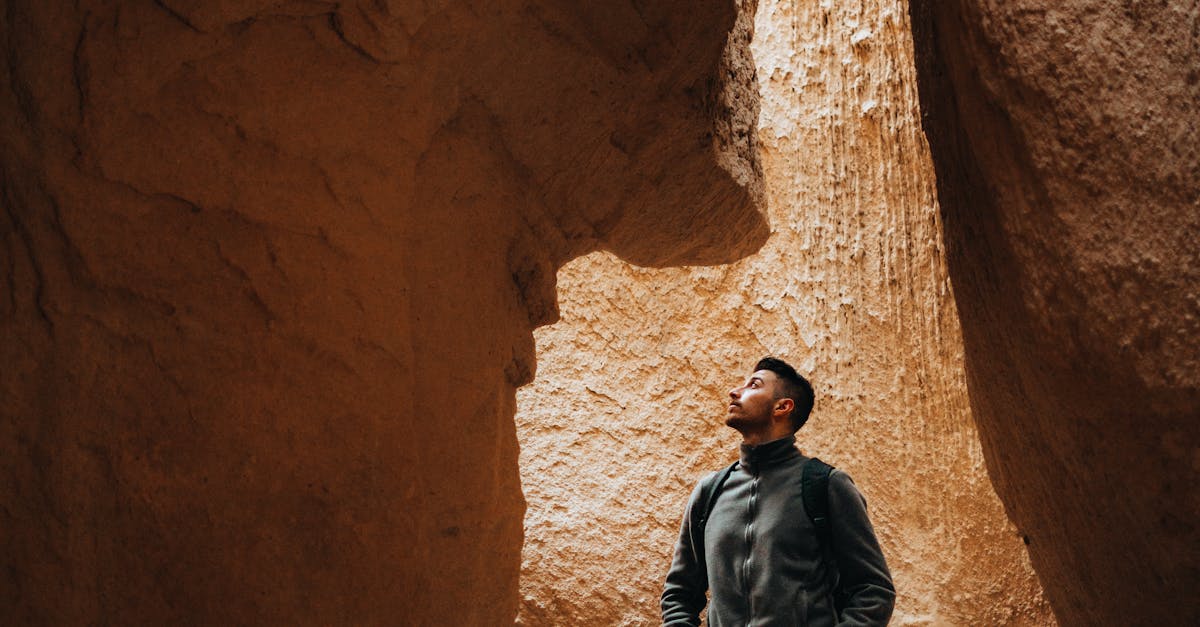
Table Of Contents
How to Report a Leak to Strata
Reporting a leak to strata is a straightforward process that begins with documenting the issue. Take photos of the affected area and note the time and date when you first noticed the leak. Collect any relevant information, such as the severity of the leak and its possible impacts on surrounding areas. This documentation will be beneficial when you communicate with your strata management.
Once you've gathered your information, it is essential to contact your strata manager promptly. You can do this via email or through an online reporting system, if available. Provide a detailed description of the leak and mention that a strata plumber may need to investigate further. Clear communication will help strata take appropriate action to address the problem swiftly.
Steps to Effectively Communicate Issues
When reporting a leak to strata, clarity is crucial. Begin by providing a detailed description of the issue, including when the leak started and any attempts you've made to address it. Photographs can be helpful in illustrating the problem, so consider including these with your communication. Mentioning the specific location of the leak, such as whether it’s in a shower or elsewhere, will assist strata in prioritising the repairs. Providing your contact information ensures strata can reach you easily for any follow-up questions or updates.
After submitting your report, it's essential to stay engaged. Check in periodically to confirm that your issue is being addressed. If necessary, request the assistance of a strata plumber for an initial inspection to help determine the severity of the leak. Keeping a record of all interactions is beneficial in case the issue requires further escalation. Regular communication reinforces the importance of the repair and can lead to a more timely response from strata management.
Investigating the Source of the Leak
Identifying the source of a shower leak can be challenging and often requires a systematic approach. Observing the signs of water damage around the shower area provides initial clues, such as staining or dampness on walls or ceilings. Homeowners should also consider the possibility of plumbing issues behind the walls. Consulting a strata plumber can be beneficial as they possess the skills and tools necessary to conduct a thorough inspection and pinpoint the source of the leak.
Once the initial signs are noted, more in-depth diagnostic methods may be employed. This may include pressure testing the plumbing and using moisture detection devices to locate hidden leaks. Strata management might facilitate access to specialised equipment or professionals who can assist in this investigation. Engaging a strata plumber ensures that the diagnosis is accurate and any repairs are carried out in accordance with building regulations.
Methods for Diagnosing Shower Leaks
Diagnosing shower leaks often begins with a visual inspection of the shower area. This involves checking for visible signs of moisture on walls, ceilings, and floors. Water stains, mould growth, and peeling paint can indicate a leak. It is also important to examine the grout and seals for cracks or deterioration, as these are common points of failure in shower installations. A thorough inspection may require removing tiles or access panels to fully assess the condition of plumbing behind the walls.
Engaging a strata plumber is essential for accurate diagnosis and repair. These professionals possess the expertise to employ specialised equipment, such as moisture meters and thermal imaging cameras, allowing them to pinpoint leaks not visible to the naked eye. They can also perform pressure tests on the plumbing system to identify any weaknesses. By addressing symptoms early, strata managers can help mitigate potential damage and maintain the integrity of the property.
Strata’s Response to Leak Reports
When a leak report is submitted to strata, the body typically initiates an assessment process to determine the extent of the issue. This may involve sending a strata plumber to inspect the affected area. Depending on the severity of the leak, the strata may prioritise the response, aiming to minimise further damage to the property and inconvenience to residents.
Once the strata plumber evaluates the situation, a report is generated detailing the findings and recommended actions. Strata will then communicate the next steps to the residents involved, outlining any necessary repairs or ongoing investigations. The timelines associated with these processes can vary based on the nature of the leak and the availability of contractors.
Typical Processes and Timelines
When a leak is reported, strata typically initiates a series of steps to address the issue. The first action usually involves acknowledging the report and determining the urgency of the situation. A strata plumber may be called in to conduct an initial assessment of the leak. From there, a more thorough investigation can be arranged to identify the exact source of the problem, whether it stems from a shared pipe or from within an individual unit. Property managers often keep affected parties informed throughout this process to ensure transparency.
Timelines for addressing leak reports can vary significantly based on the severity of the issue and the responsiveness of the strata committee. After the initial assessment, it may take days or even weeks to schedule further inspections and obtain quotes for necessary repairs. Once a plan is in place, the actual repair work may depend on the availability of contractors, including the strata plumber. Regular updates from the strata management can help residents stay updated on progress and expected completion dates.
FAQS
What is Strata's responsibility regarding leaking showers?
Strata is typically responsible for maintaining common property and structural elements of a building, which may include leaks in shared plumbing systems. However, individual unit owners may be responsible for leaks originating from their own bathrooms.
How do I report a leak to Strata?
To report a leak to Strata, you should follow the established communication channels, usually starting with your Strata manager. Document the leak's details, including its location and any damage caused, to provide a clear account of the issue.
What steps should I take to communicate my concerns about a leaking shower?
Effectively communicate your concerns by documenting the problem thoroughly, including photographs, dates, and any related issues. Then, submit this information to your Strata manager via email or a designated reporting system.
How long does Strata take to respond to leak reports?
The response time from Strata can vary depending on the severity of the leak and the protocols in place. Generally, they aim to acknowledge reports within a few days and will provide updates on the investigation and resolution process.
Can I fix the leak myself if Strata does not respond quickly?
It is not advisable to fix the leak yourself without consulting Strata first, as this may breach your lease agreement or Strata regulations. Always communicate with Strata before taking any action to ensure proper procedures are followed.
